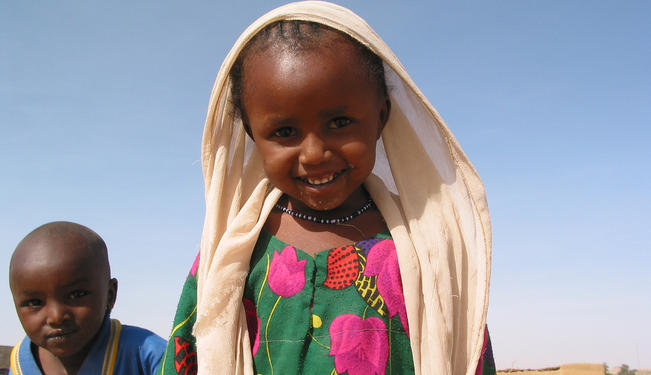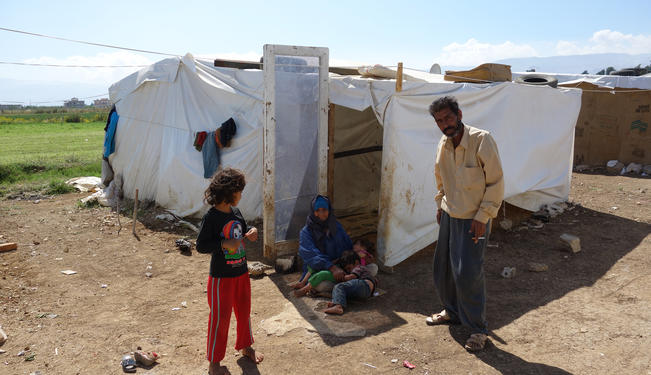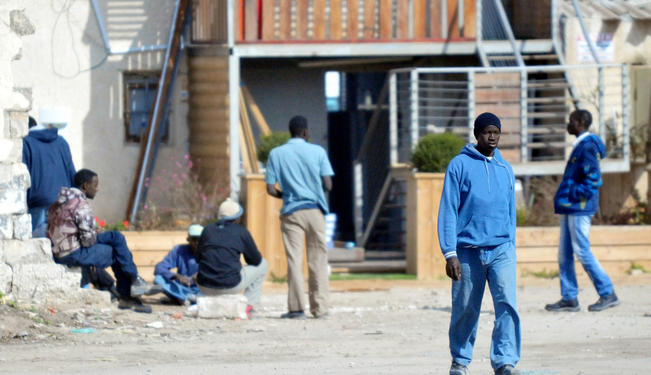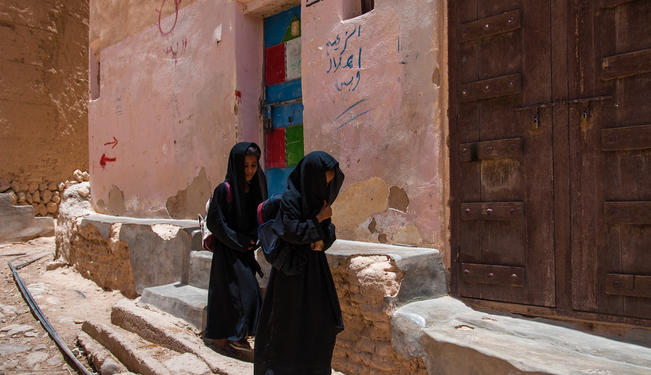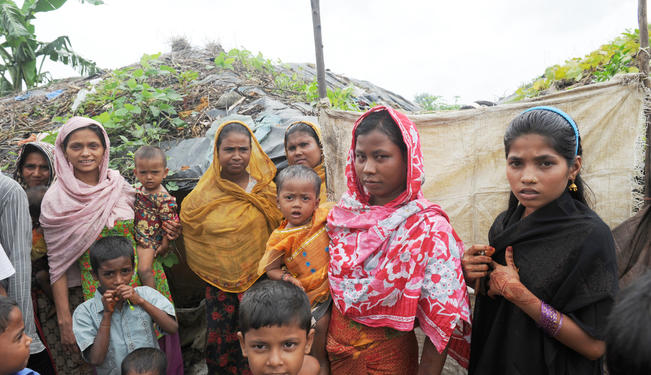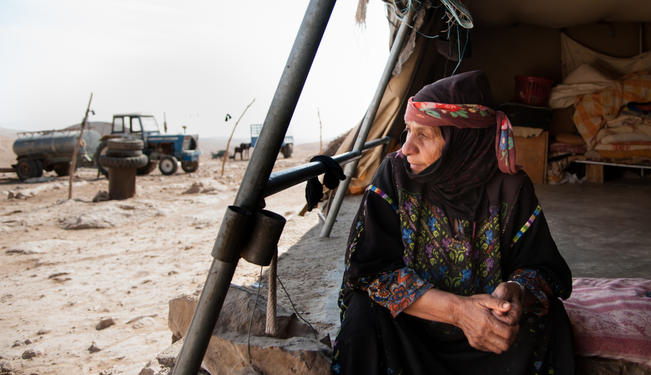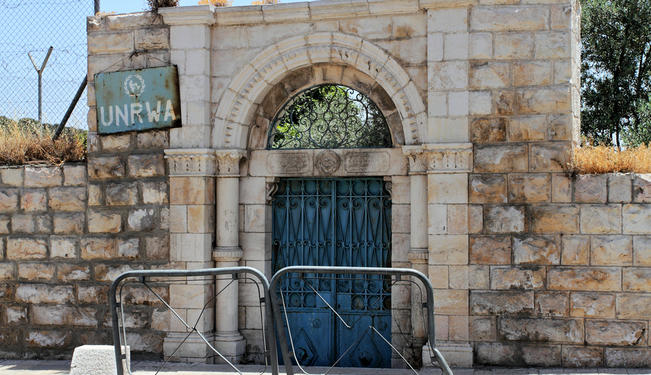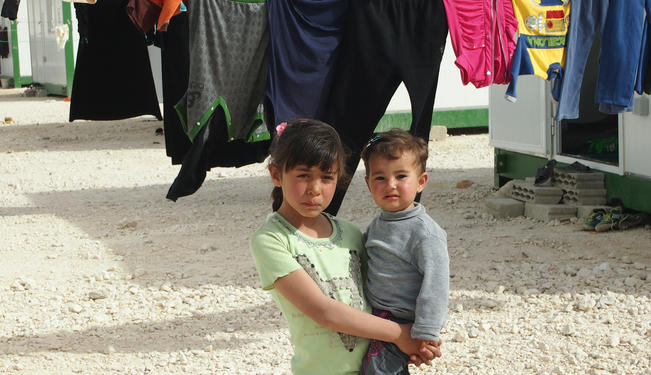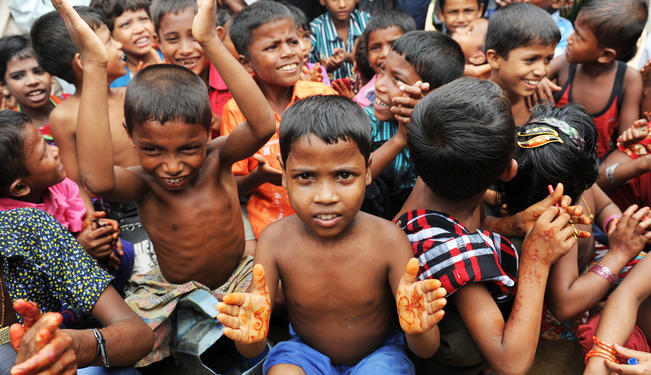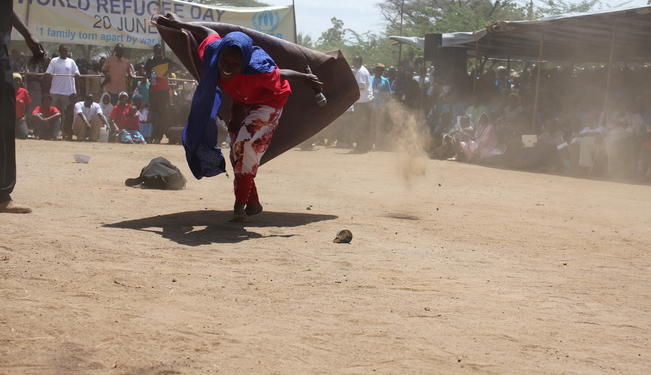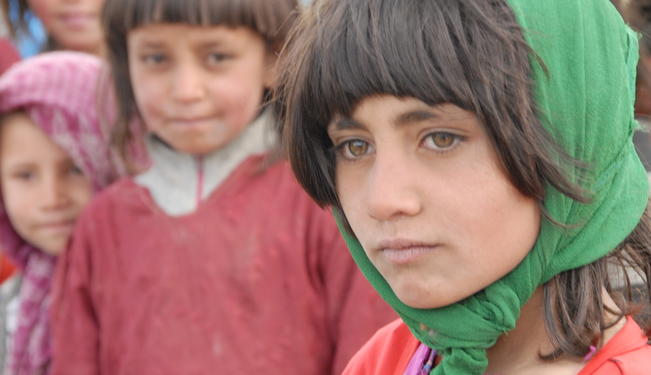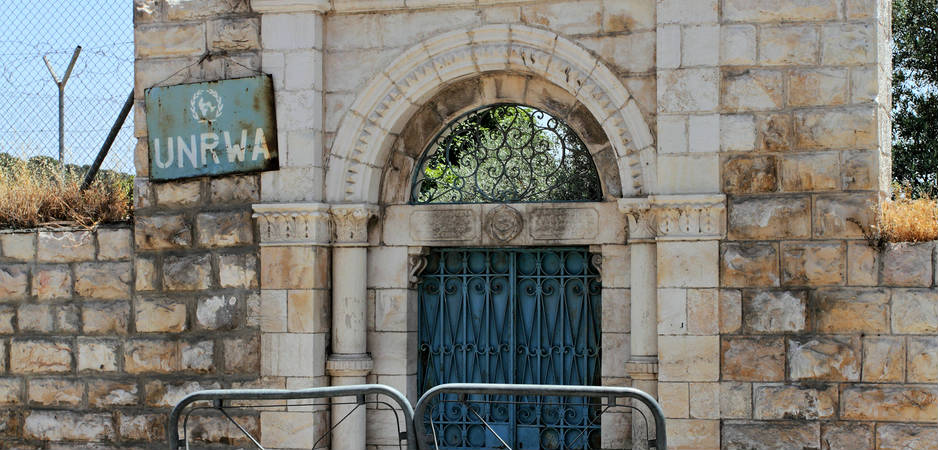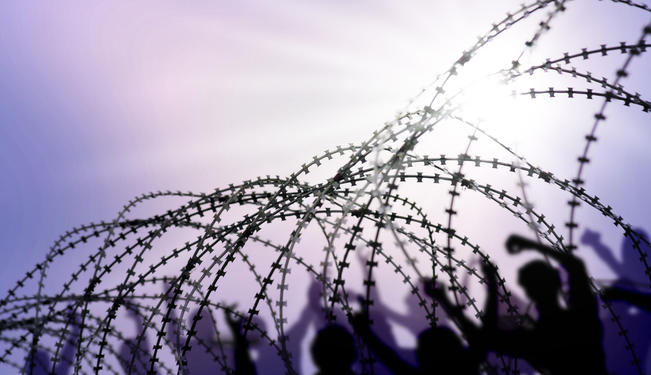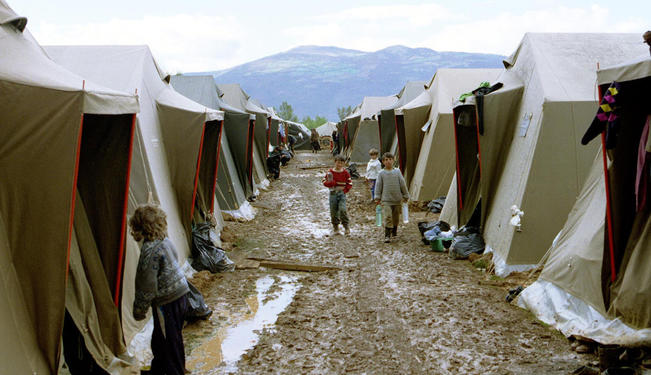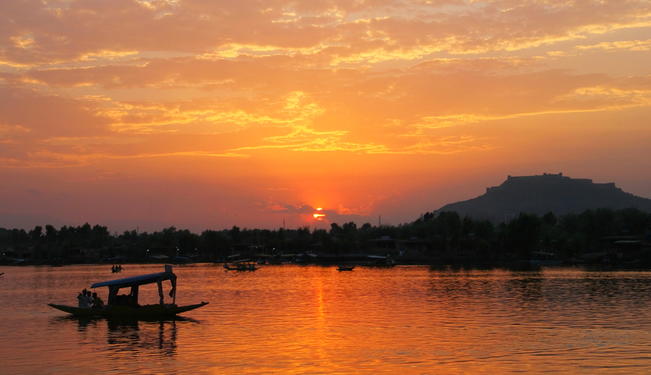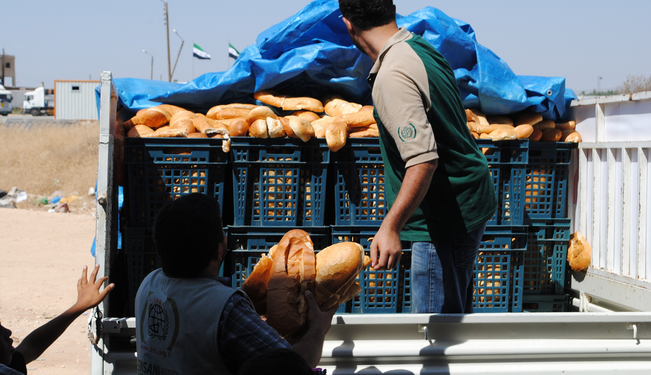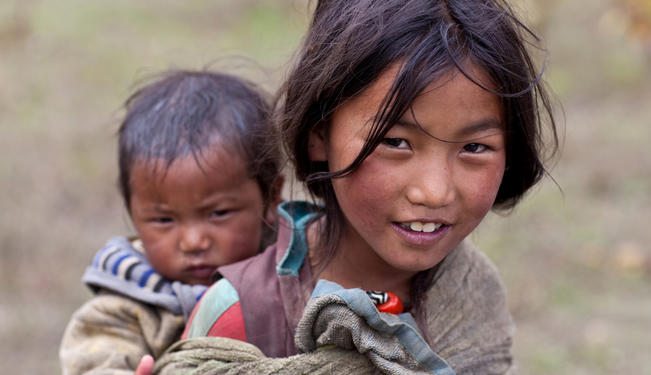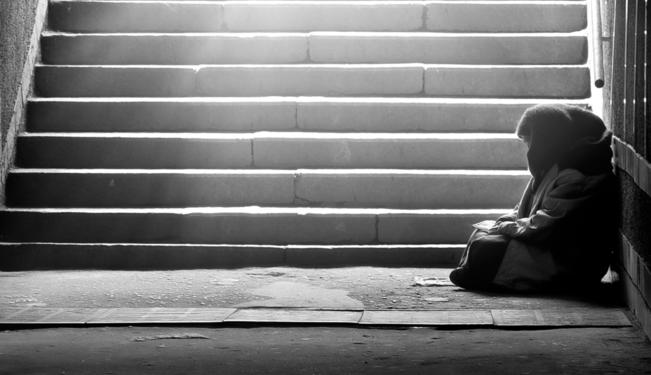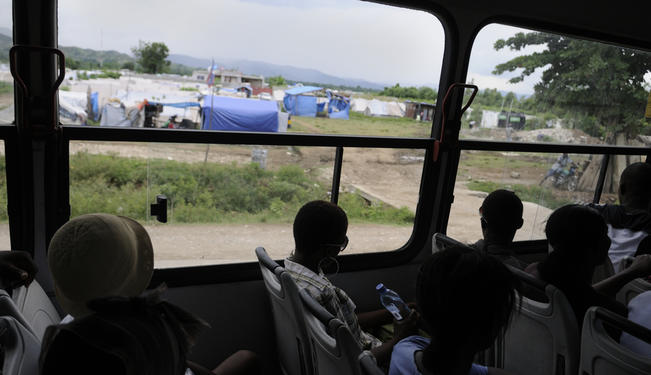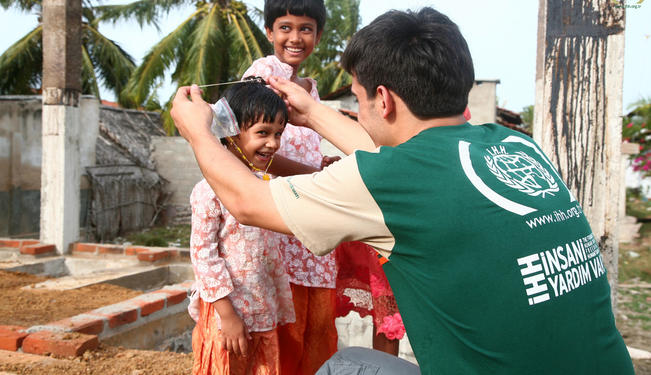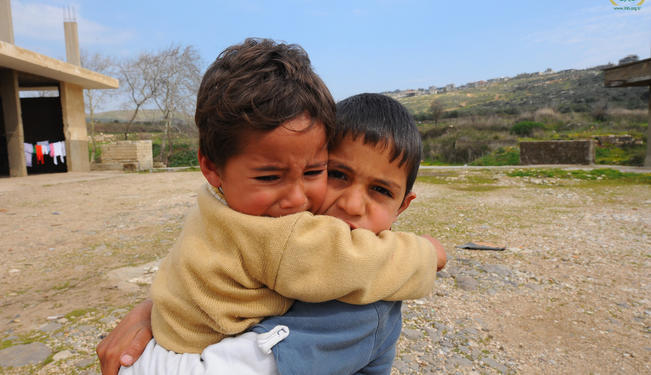An insight into the plight of victims of war as refugee week commences.
Background
The United Nations Conciliation Commission for Palestine (UNCCP) defines Palestinian refugees as "persons whose normal place of residence was Palestine between June 1946 and May 1948, [and] who lost their homes and means of livelihood as a result of the Arab-Israeli conflict," including both Arabs and Jews. Combined, the 1948 Arab-Israeli war and Israel's invasion and occupation of East Jerusalem, the West Bank and the Gaza Strip during the 1967 six-day-war prompted over 1 million Palestinian refugees to flee to neighbouring states.
The United Nations Relief and Works Agency (UNRWA) have since offered aid both to displaced Palestinians and their descendants. As of 2012, there are an estimated 5 million registered Palestinian refugees, many of whom struggle as second-class citizens in Arab states.
Following its liberation from a seven-month Iraqi occupation in March 1991, Kuwait expelled 450,000 Palestinian Arabs. The expulsion was in retaliation to the decision of the late Palestinian leader Yasser Arafat to align himself with Saddam Hussein, who had invaded Kuwait in August 1990. These refugees sought shelter in Jordan, Egypt, Lebanon, Syria and other Gulf states. The majority have not returned to Kuwait and have struggled to settle elsewhere.
The 2003 invasion of Iraq triggered widespread outbreaks of violence. The United Nations High Commissioner for Refugees (UNHCR) estimates that 4.7 million Iraqis have since been displaced or have fled to Jordan, Syria and other Middle Eastern states to escape continued bloodshed. The volatile security situation prevents millions of expatriates and those internally displaced from returning home.
The Rwandan Civil War of 1990-1993 reflected decades of ethnic tension between the Hutu majority and Tutsi minority. After government-backed militias carried out the genocide of the Tutsi population in 1994, Tutsi rebels fought back and defeated the Hutu regime. This drove around two million Hutu refugees to flee to neighbouring Burundi, Tanzania, Uganda and Congo in what is commonly known as the Great Lakes Refugee Crisis.
The international community responded with one of the largest ever humanitarian relief efforts. However, when Hutu troops infiltrated and militarised the camps to attack the Tutsi-led Rwandan Popular Front government, many aid organisations withdrew their support.
The Rwandan government continues to push for a UN-backed programme to repatriate Rwandan refugees.
The Democratic Republic of the Congo became embroiled in the Tutsi-Hutu conflict after thousands of Rwandan Hutu refugees escaped to Congo following the genocide, allied themselves with Mobutu's government, and began attacking Congo's Tutsi population. Rwandan-sponsored Tutsi rebels then instigated attacks against the Congolese government and the Hutu population in the east. Recent reports indicate that several thousand Congolese refugees have crossed over to Rwanda and Uganda in the past two months alone to escape sustained conflict.
Why is Refugee Week Relevant?
Refugee Week is an annual celebration of the continued cultural, academic, and artistic contributions of refugees to the United Kingdom. It was established in 1998 to counter increasing hostility towards refugees and asylum seekers in Britain. Though a national event, the integration and treatment of refugees is of international relevance.
The 2011 Libyan civil war drove approximately 750,000 thousand refugees to Chad, Egypt, Tunisia, and Mediterranean countries – often to a hostile reception. Many have since returned willingly to Libya, despite continuing violence.
The ongoing conflict in Syria, meanwhile, drives tens of thousands of civilians each month into refugee camps in Jordan, Turkey and Lebanon. The International Committee of the Red Cross warns that 1.5 million displaced Syrians are still in desperate need of extensive humanitarian aid as thousands more stream across the border.
The commonality of the hostile reception received by refugees in host countries highlights the global need for greater understanding of the mutual benefits – cultural and economic – that integrating refugees can have for host countries.
For more than 10 years, Fair Observer has been free, fair and independent. No billionaire owns us, no advertisers control us. We are a reader-supported nonprofit. Unlike many other publications, we keep our content free for readers regardless of where they live or whether they can afford to pay. We have no paywalls and no ads.
In the post-truth era of fake news, echo chambers and filter bubbles, we publish a plurality of perspectives from around the world. Anyone can publish with us, but everyone goes through a rigorous editorial process. So, you get fact-checked, well-reasoned content instead of noise.
We publish 2,500+ voices from 90+ countries. We also conduct education and training programs on subjects ranging from digital media and journalism to writing and critical thinking. This doesn’t come cheap. Servers, editors, trainers and web developers cost money.
Please consider supporting us on a regular basis as a recurring donor or a sustaining member.
Support Fair Observer
We rely on your support for our independence, diversity and quality.
Will you support FO’s journalism?
We rely on your support for our independence, diversity and quality.

